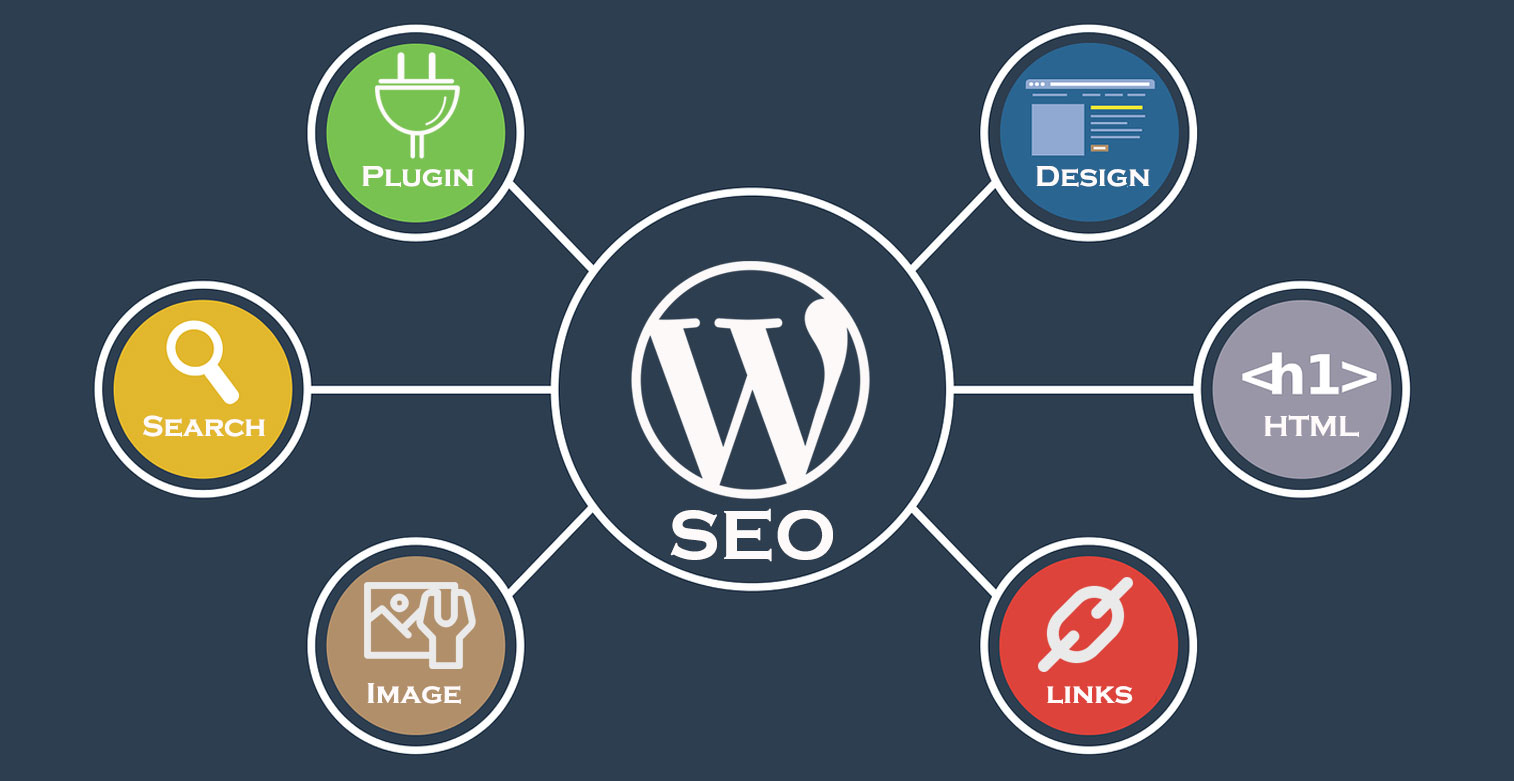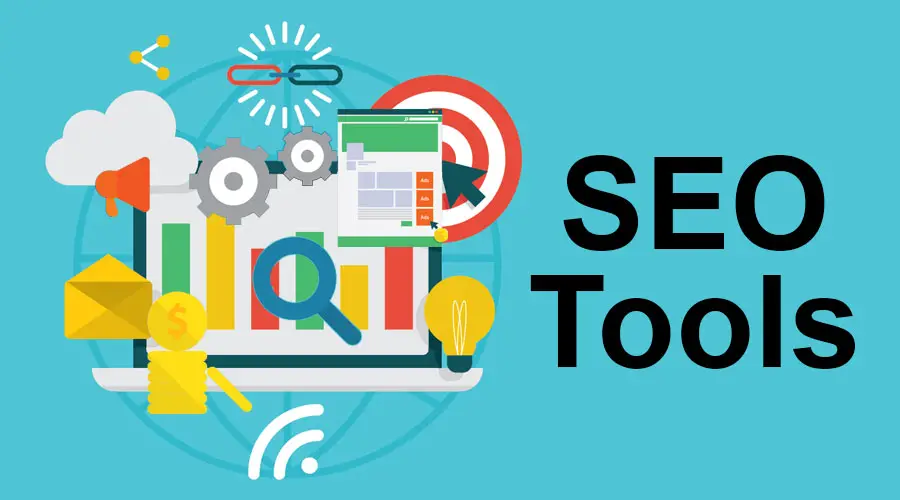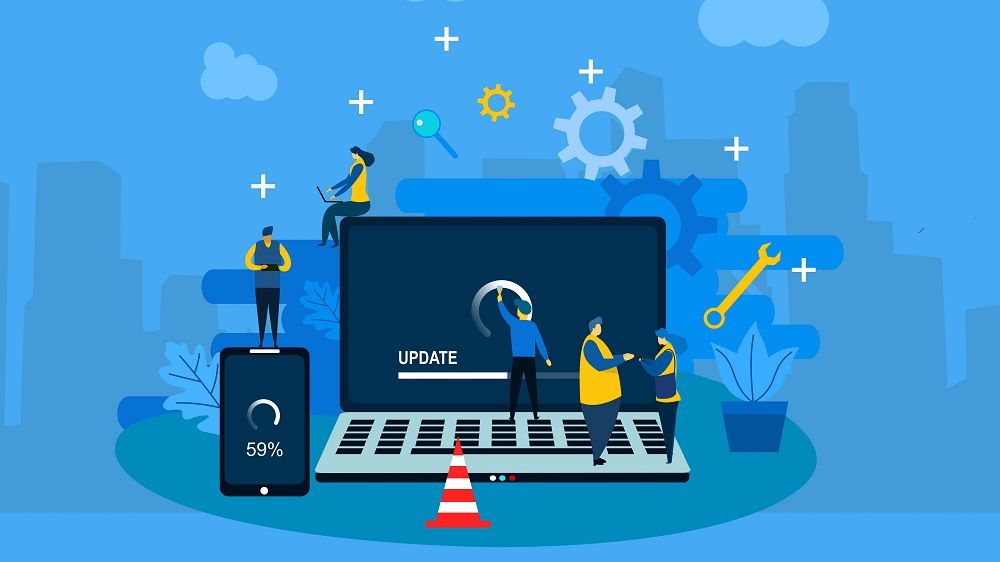Having worked in the digital marketing field for several years, I understand the significance of Search Engine Optimization (SEO) and its potential to significantly impact a business’s online presence.
SEO has become an integral part of any online marketing strategy. If you are just starting, it can be overwhelming to understand all the technical terms and nuances of SEO.
In this blog post, I will share my personal experiences and tips on how to get started with SEO for beginners.
What is Search Engine Optimization (SEO)?

First, let’s talk about what SEO is and why it’s important. SEO is the process of optimizing your website and its content to rank higher on search engine results pages (SERPs) for relevant keywords.
The higher your website ranks, the more visible it is to potential customers. This means that optimizing your website for search engines can lead to increased traffic, more leads, and ultimately more revenue.
When I first started in digital marketing, I didn’t know much about SEO. I thought it was something only big companies with huge budgets could afford. But the truth is, SEO is something that any business can do, regardless of size or budget.
Basic Steps To Improve Your Website’s SEO

Here are some basic steps you can take to improve your website’s SEO:
-
Conduct Keyword Research
Keyword research is the foundation of any good SEO strategy. It involves finding the keywords and phrases that your target audience is searching for online. Once you know what these keywords are, you can create content that is optimized for them, which can help your website rank higher on SERPs.
There are many tools available for conducting keyword research, such as Google Keyword Planner, Ahrefs, and SEMrush. These tools can help you find the keywords that are relevant to your business and have a high search volume.
When I first started doing keyword research, I was surprised at how many different variations of a single keyword there could be.
For example, if you’re a fitness coach, you might assume that the keyword “fitness coach” is the most important one for your business. But after doing some research, you might find that “personal trainer,” “workout plan,” and “weight loss tips” are also important keywords that you should be targeting.
-
Optimize Your Website
Once you have identified the keywords that are relevant to your business, it’s time to optimize your website for those keywords. This involves making sure that your website is structured in a way that makes it easy for search engines to crawl and index your content.
Some basic tips for optimizing your website include:
- Make sure your website is mobile-friendly
- Creating high-quality content that is optimized for your target keywords
- Including meta titles and descriptions on all your web pages
- Make sure your website loads quickly
- Using header tags (H1, H2, H3) to organize your content
- Including alt tags on your images
When I first started optimizing websites for SEO, I found it helpful to think of it as making my website more user-friendly. By creating high-quality content and making sure my website was easy to navigate, I was not only improving my website’s SEO but also providing a better experience for my visitors.
-
Build High-Quality Backlinks
Backlinks are links from other websites to your website. They are an important ranking factor for search engines because they indicate to search engines that other websites find your content valuable and worth linking to.
Building high-quality backlinks can be a challenge, but there are several strategies you can use to get started. Some basic tips for building backlinks include:
- Creating high-quality content that people want to link to
- Reaching out to other websites and asking them to link to your content
- Guest posting on other websites in your industry
- Participating in online forums and communities
When I first started building backlinks, I found that creating high-quality content was the most effective strategy. By creating content that was unique, valuable, and shareable, I was able to attract links naturally. I also found that reaching out to other websites and offering to guest post or collaborate on content was a great way to build relationships and get links back to my website.
-
Monitor Your Progress
SEO is not a one-time fix, it requires ongoing monitoring and maintenance to ensure that your website is ranking well on search engines. There are several tools available that can help you monitor your website’s SEO progress, such as Google Analytics, Google Search Console, and Ahrefs.
By monitoring your progress, you can identify areas where you need to improve and make adjustments to your SEO strategy accordingly. For example, if you notice that your website is not ranking well for a particular keyword, you might need to create more content around that keyword or build more backlinks to your website.
My Personal Experience with SEO

When I first started working in digital marketing, I was responsible for managing the SEO for a small e-commerce website. I had some basic knowledge of SEO, but I quickly realized that there was a lot more to it than I initially thought.
One of the first things I did was conduct keyword research to find out what keywords our target audience was searching for. I was surprised to find that many of the keywords we were targeting were not relevant to our business. By refining our keyword strategy, we were able to attract more targeted traffic to our website.
Another challenge I faced was optimizing our website’s structure and content. Our website had a lot of duplicate content, which was hurting our SEO rankings. By reorganizing our website and creating more unique content, we were able to improve our rankings and attract more organic traffic.
Building backlinks was also a challenge. We didn’t have a large budget for link building, so we had to get creative. One strategy we used was reaching out to other websites in our industry and offering to collaborate on content. By working together, we were able to create high-quality content that attracted links naturally.
Overall, my experience with SEO for beginners has taught me that it’s important to have a solid understanding of the basics and to be willing to adapt and make changes as needed. One website’s success may not translate to another, as SEO is not a universal solution.
SEO for Beginners: Top Tips and Best Practices

If you’re just starting with SEO, here are some tips and best practices to keep in mind:
-
Focus on Quality Content
Creating high-quality content should be at the heart of your SEO strategy. Focus on creating content that is unique, valuable, and relevant to your target audience. This will not only improve your website’s SEO but also attract more visitors and potential customers.
-
Conduct Keyword Research
Keyword research is the foundation of any good SEO strategy. Use tools like Google Keyword Planner, Ahrefs, and SEMrush to find the keywords and phrases that your target audience is searching for.
-
Optimize Your Website’s Structure and Content
Make sure your website is structured in a way that makes it easy for search engines to crawl and index your content. Use header tags (H1, H2, H3) to organize your content, include meta titles and descriptions on all your web pages, and make sure your website loads quickly.
-
Build High-Quality Backlinks
Building high-quality backlinks is a key ranking factor for search engines. Create high-quality content that people want to link to, reach out to other websites in your industry, and participate in online communities to build relationships and get links back to your website.
-
Monitor Your Progress
SEO is an ongoing process that requires monitoring and maintenance. Use tools like Google Analytics, Google Search Console, and Ahrefs to monitor your website’s SEO progress. Monitor your website’s rankings, traffic, and backlinks, and adjust your strategy as necessary.
-
Stay Up-to-Date with Industry Trends
SEO is constantly evolving, so it’s important to stay up-to-date with the latest industry trends and best practices. Attend conferences, read industry blogs and publications, and participate in online communities to stay informed and learn from other SEO professionals.
-
Be Patient
SEO is not a quick fix; it takes time and effort to see results. Don’t expect overnight success, but be patient and consistent with your efforts. Remember, SEO is a long-term strategy that requires ongoing effort and attention.
Conclusion: SEO For Beginners
SEO can be overwhelming for beginners, but by following these tips and best practices, you can improve your website’s rankings and attract more targeted traffic.
Remember to focus on creating high-quality content, conducting keyword research, optimizing your website’s structure and content, building high-quality backlinks, monitoring your progress, staying up-to-date with industry trends, and being patient.
With time and effort, you can achieve success with SEO and grow your online presence.
FAQ
What is SEO and why is it important?
SEO, or Search Engine Optimization, is the process of optimizing your website to rank higher on search engines like Google. It’s important because it helps drive organic traffic, increases visibility, and improves your chances of reaching your target audience.
How do I start with SEO as a beginner?
Begin by understanding the basics of SEO, such as keyword research, on-page optimization, and creating high-quality content. Focus on learning how search engines work and follow best practices to improve your website’s ranking.
What are keywords, and how do I use them?
Keywords are the terms or phrases people type into search engines when looking for information. Use them strategically in your content, titles, meta descriptions, and URLs to help search engines understand what your page is about.
How long does it take to see results from SEO?
SEO is a long-term strategy, and results can take anywhere from a few months to over a year, depending on factors like competition, website authority, and the quality of your optimization efforts.
What is the difference between on-page and off-page SEO?
On-page SEO focuses on optimizing elements on your website, such as content, meta tags, and images. Off-page SEO involves activities outside your website, like building backlinks and improving your site’s authority.
Do I need technical knowledge to do SEO?
While technical knowledge can help, it’s not mandatory for beginners. Many SEO tools and resources simplify the process, allowing you to focus on content creation and basic optimization techniques.
What are backlinks, and why are they important?
Backlinks are links from other websites that point to your site. They are important because they signal to search engines that your content is valuable and trustworthy, which can improve your rankings.
How often should I update my content for SEO?
Regularly updating your content ensures it stays relevant and accurate. Aim to refresh older posts, add new information, and optimize for current SEO trends to maintain or improve rankings.
Can I do SEO on my own, or do I need to hire an expert?
As a beginner, you can start learning and implementing SEO on your own. However, as your website grows or if you’re targeting highly competitive keywords, hiring an expert might be beneficial.
What are the most common SEO mistakes beginners make?
Common mistakes include keyword stuffing, ignoring mobile optimization, neglecting meta tags, and focusing too much on quantity over quality when creating content.
How does mobile optimization affect SEO?
Mobile optimization is crucial because search engines prioritize mobile-friendly websites. A responsive design ensures your site works well on all devices, improving user experience and rankings.
What tools can I use to improve my SEO?
Popular SEO tools for beginners include Google Analytics, Google Search Console, SEMrush, Ahrefs, and Yoast SEO. These tools help with keyword research, tracking performance, and optimizing content.
Is SEO only for blogs and websites?
No, SEO applies to any online content, including e-commerce sites, local business listings, videos, and social media profiles. It helps improve visibility across various platforms.
How do I measure the success of my SEO efforts?
Track metrics like organic traffic, keyword rankings, bounce rate, and conversion rates using tools like Google Analytics. These metrics help you understand how well your SEO strategies are working.
What is the role of content in SEO?
Content is the foundation of SEO. High-quality, relevant, and engaging content attracts visitors, encourages backlinks, and helps search engines understand your website’s purpose.
Should I focus on local SEO or global SEO?
It depends on your target audience. If you run a local business, focus on local SEO to attract nearby customers. For a global audience, prioritize broader SEO strategies.
What are meta tags, and how do they impact SEO?
Meta tags, such as title tags and meta descriptions, provide information about your page to search engines and users. They impact SEO by influencing click-through rates and helping search engines understand your content.
How do I optimize images for SEO?
Use descriptive file names, add alt text, compress images to reduce file size, and ensure they are relevant to your content. This improves page load speed and accessibility.
What is the best way to learn SEO as a beginner?
Start with free resources like blogs, YouTube tutorials, and guides from reputable sources. Practice by optimizing your own website and stay updated with the latest SEO trends and algorithm changes.
Does social media affect SEO?
While social media doesn’t directly impact rankings, it can drive traffic to your website and increase content visibility, indirectly benefiting your SEO efforts.
Discover more from Digital Wealth Guru
Subscribe to get the latest posts sent to your email.










Comments